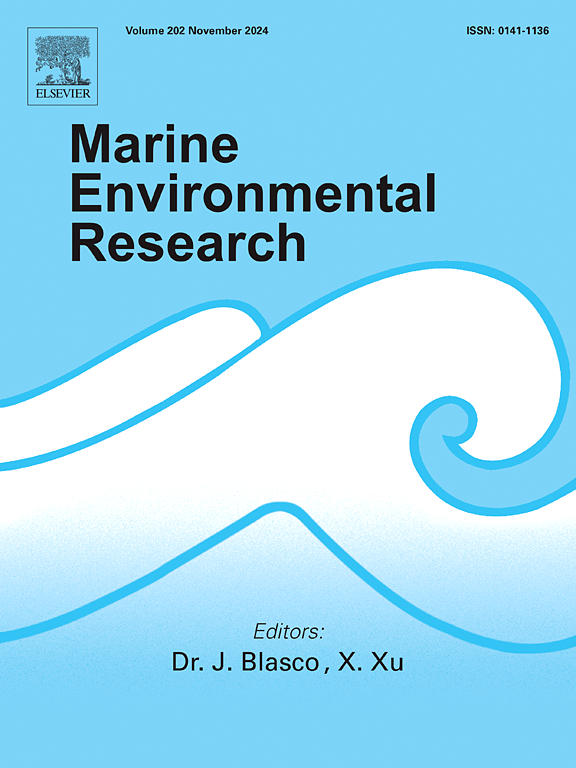Geochemical behavior of iron-sulfur coupling in coastal wetland sediments and its impact on heavy metal speciation and migration
IF 3
3区 环境科学与生态学
Q2 ENVIRONMENTAL SCIENCES
引用次数: 0
Abstract
Coastal wetlands play a vital role in energy flow and material cycling, holding irreplaceable significance for global ecological security. This paper provides a comprehensive review of the geochemical behaviors of key elements, particularly iron and sulfur, in coastal wetland sediments, as well as their influence on the speciation and mobility of heavy metals. The findings indicate that the redox processes of iron, driven by both biotic and abiotic factors, are tightly coupled with sulfur redox reactions, thereby continuously regulating the speciation and mobility of heavy metals. This interplay serves as a critical determinant in the “source-sink” dynamics of heavy metals within coastal wetland sediments. A deeper understanding of these intricate mechanisms is essential for elucidating the operational principles of wetland ecosystems, assessing their ecological and environmental quality, and developing effective protection and management strategies. Future research should prioritize a deeper exploration of iron-sulfur cycling mechanisms, enhance the monitoring and evaluation of heavy metal transformation and migration processes, and investigate the environmental effects of secondary iron-sulfur minerals on the behavior and storage of heavy metals. These efforts will provide robust theoretical support for the restoration and sustainable management of coastal wetland ecosystems.

求助全文
约1分钟内获得全文
求助全文
来源期刊

Marine environmental research
环境科学-毒理学
CiteScore
5.90
自引率
3.00%
发文量
217
审稿时长
46 days
期刊介绍:
Marine Environmental Research publishes original research papers on chemical, physical, and biological interactions in the oceans and coastal waters. The journal serves as a forum for new information on biology, chemistry, and toxicology and syntheses that advance understanding of marine environmental processes.
Submission of multidisciplinary studies is encouraged. Studies that utilize experimental approaches to clarify the roles of anthropogenic and natural causes of changes in marine ecosystems are especially welcome, as are those studies that represent new developments of a theoretical or conceptual aspect of marine science. All papers published in this journal are reviewed by qualified peers prior to acceptance and publication. Examples of topics considered to be appropriate for the journal include, but are not limited to, the following:
– The extent, persistence, and consequences of change and the recovery from such change in natural marine systems
– The biochemical, physiological, and ecological consequences of contaminants to marine organisms and ecosystems
– The biogeochemistry of naturally occurring and anthropogenic substances
– Models that describe and predict the above processes
– Monitoring studies, to the extent that their results provide new information on functional processes
– Methodological papers describing improved quantitative techniques for the marine sciences.
 求助内容:
求助内容: 应助结果提醒方式:
应助结果提醒方式:


